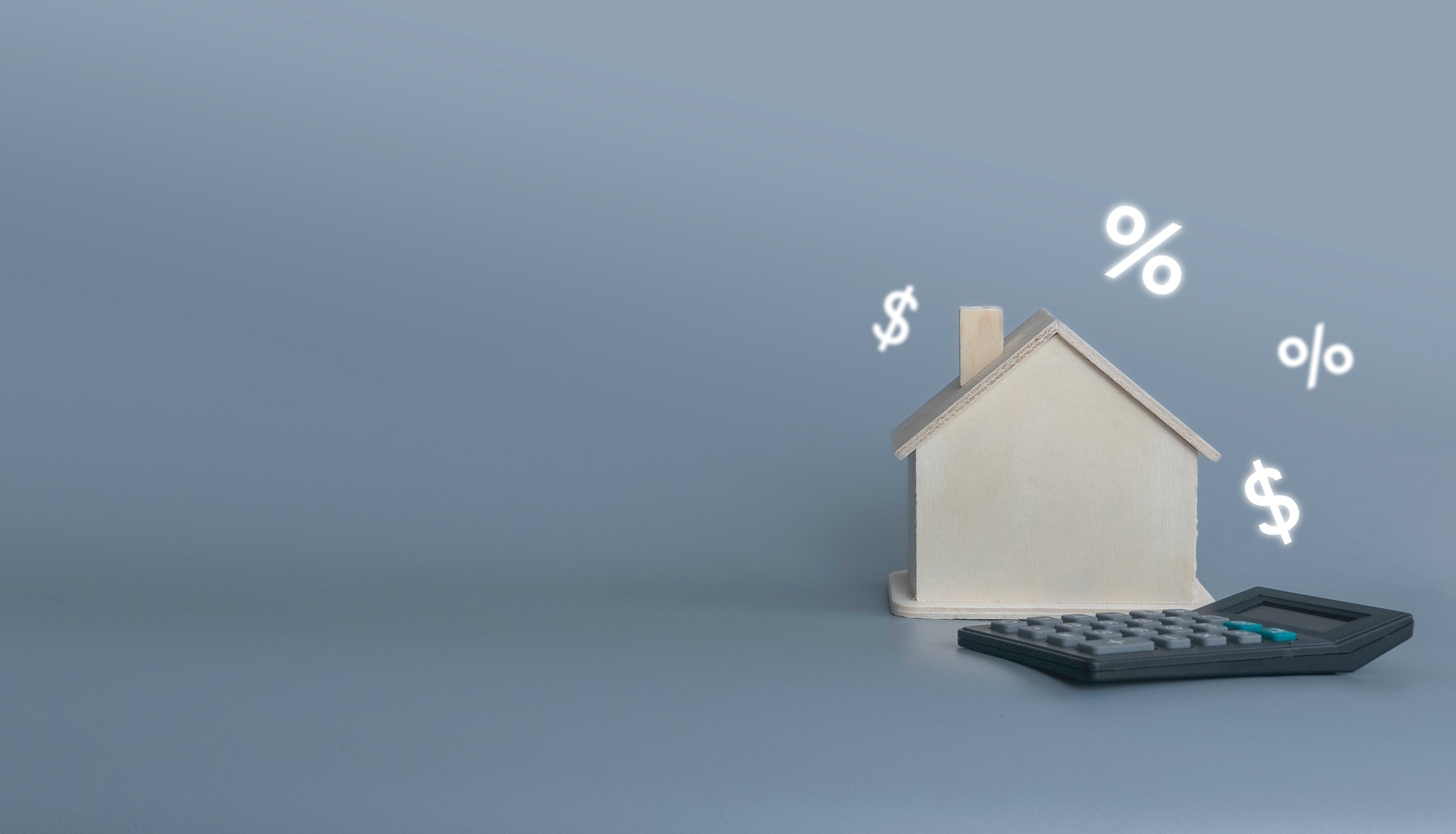Introduction
The FHA 203k Loan in Illinois is a specialized loan program that allows home buyers and homeowners to borrow funds for the renovation of a property. This unique loan option is offered by the Federal Housing Administration (FHA) and is designed to provide financial assistance for those who are looking to buy and renovate a property in need of repairs. Explore the benefits and requirements of fha 203k loan illinois and the unique advantages fha loan illinois program tailored for property improvements.
What is an FHA 203k Loan?
The “203k” in the FHA 203k loan refers to Section 203(k) of the National Housing Act, which outlines this particular loan program. It’s aimed at encouraging the revitalization and renovation of older or distressed properties by providing a convenient financial solution that includes the costs of home improvement or rehabilitation.
Standard 203k and Limited 203k. The Standard 203k is suitable for more extensive renovations, structural repairs, and projects exceeding $35,000. On the other hand, the Limited 203k is designed for smaller-scale renovations, typically capped at $35,000, focusing on minor upgrades and improvements.
How Does It Work?
The FHA 203(k) loan works by allowing borrowers to finance both purchases of the cost of renovations into a single mortgage. Here’s a breakdown of how it typically operates:
1. Identifying a Property: Borrowers look for properties that require renovation or repairs.
2. Loan Application: Borrowers apply for an FHA 203(k) loan through an approved lender. The application process involves providing details about the property, proposed repairs, and personal financial information.
3. Property Appraisal and Inspection: An FHA-approved appraiser assesses the property’s current value and determines its post-renovation value. The appraiser also identifies the necessary repairs and estimates their costs.
4. Consultant or Contractor Selection: For standard 203(k) loans, borrowers hire a HUD-approved 203(k) consultant or contractor to create a detailed proposal outlining the scope of work.
5. Renovation Process: Borrowers start the renovation or repair work, following the guidelines outlined in the project proposal. The 203(k) consultant or contractor oversees the project, ensuring compliance with FHA standards.
6. Mortgage Payments: After the project is complete, borrowers resume making regular mortgage payments, now including the financed renovation costs.
Types of FHA 203k Loans
The FHA 203(k) loan program offers different options to accommodate various renovation needs. Here are the main types:
1. Standard 203(k) Loan: This option is suitable for major renovations, structural repairs, and projects that require architectural plans or engineering drawings. It involves a more complex process and allows for significant improvements, such as room additions or structural changes.
2. Limited 203(k) Loan (or Streamline 203(k)): Designed for smaller projects with renovation costs that do not exceed $35,000, this option is more streamlined and has simpler application and approval processes. It’s ideal for minor repairs, cosmetic updates, and non-structural improvements like kitchen or bathroom remodels.
Each type of 203(k) loan has specific eligibility requirements, and the choice between the two depends on the scope and scale of the planned renovations or repairs. The Standard 203(k) loan is more comprehensive and suitable for larger projects, while the Limited 203(k) loan offers a simpler process for smaller-scale improvements.
Benefits of FHA 203k Loans in Illinois
FHA 203(k) loans offer various advantages for homebuyers and homeowners in Illinois, similar to their benefits in other states. Here are some specific advantages of FHA 203(k) loans in Illinois:
- Renovation Financing: Illinois, like many other states, has a mix of older properties that might require renovations. FHA 203(k) loans allow borrowers to finance both the purchase or refinance of its renovation costs into a single mortgage. This is especially beneficial for those eyeing older homes in Illinois that need upgrades or repairs.
- Property Rehabilitation: Many neighborhoods in Illinois have historic homes or properties that might require rehabilitation. The 203(k) loan assists in revitalizing these properties, preserving the character of the neighborhoods, and potentially increasing property values.
- Disaster Recovery: Illinois, like other regions, might face weather-related challenges such as storms or natural disasters. The 203(k) loan can assist homeowners in financing repairs or renovations, particularly in areas affected by such incidents.
- Neighborhood Revitalization: The FHA 203(k) loan contributes to the overall improvement of communities and neighborhoods across Illinois by funding the rehabilitation of distressed properties. This uplifts the aesthetic appeal and functionality of these areas.
- Accessibility to Homeownership: For first-time homebuyers or those with limited financial resources, the low down payment requirement (as low as 3.5%) and flexible credit score criteria of FHA 203(k) loans in Illinois make homeownership more attainable.
- Job Creation: Through stimulating renovation projects, these loans create job opportunities in Illinois’ construction and renovation industries. Local contractors, architects, and laborers benefit from increased work opportunities, contributing to economic growth.
Qualifying for an FHA 203k Loan
Qualifying for an FHA 203(k) loan involves meeting specific criteria set by the Federal Housing Administration (FHA). Here are the key qualifications:
- Credit Score: Typically, the FHA requires a credit higher for a 3.5% down payment. However, some lenders might accept lower scores with a larger down payment, usually around 10%. A history of bankruptcies, foreclosures, or late payments might affect eligibility.
- Stable Employment: Prefer borrowers with a stable history for at least two years. Any gaps in employment might require additional documentation to explain.
- Property Condition: FHA 203(k) loans are designed for properties that require renovation or rehabilitation. Properties in severely damaged or uninhabitable conditions might not qualify. The property should meet minimum property standards set by the FHA.
- Appraisal and Inspection: The property must undergo an FHA appraisal to determine its current and post-renovation value. An inspection is necessary to identify required repairs and ensure compliance with FHA guidelines.
- Borrower Residency: FHA 203(k) loans are for owner-occupants. Borrowers must intend to live in the property being renovated as their primary residence for at least a year.
- Reserve Funds: Lenders might require proof of sufficient savings or reserve funds to cover future mortgage payments, property taxes, and insurance during the renovation period.
- Documentation: Applicants must provide comprehensive documentation, including income verification, tax returns, bank statements, renovation plans, contractor bids, and other paperwork necessary for the loan approval process.
The Connecticut Experience
Nestled in the New England region, it offers a unique blend of historical charm, modern amenities, and natural beauty. Here’s an overview of the Connecticut experience:
- Historic Richness: The state boasts a deep historical heritage, with landmarks like Mystic Seaport, a living history museum, and the Mark Twain House & Museum, which celebrates the famous author’s life and works.
- Natural Beauty: Connecticut’s landscape offers diverse attractions, from the serene coastal towns along Long Island Sound to the scenic beauty of Litchfield Hills. Its state parks, such as Sleeping Giant and Gillette Castle, invite outdoor enthusiasts for hiking, picnics, and stunning views.
- Cultural Diversity: The state hosts a vibrant cultural scene featuring renowned theaters like the Goodspeed Opera House and cultural hubs such as Yale University’s museums and galleries in New Haven.
- Thriving Cities: Cities like Hartford, New Haven, and Stamford offer a blend of urban living, arts, entertainment, and a burgeoning culinary scene. These cities also provide numerous job opportunities across various industries.
- Educational Excellence: Home to prestigious institutions like Yale University and the University of Connecticut, the state is a hub for education, fostering innovation and research.
- Lifestyle and Communities: Connecticut offers diverse communities catering to different lifestyles, whether it’s the bustling urban vibe or the tranquil suburban setting, making it an attractive place for families and professionals alike.
- Seasonal Delights: Each season brings its own charm, from vibrant fall foliage and winter sports to beach outings and springtime blooms, offering a variety of activities throughout the year.
- Accessibility: Positioned between major cities like New York and Boston, Connecticut provides convenient access to metropolitan hubs while maintaining its own distinct character.
Finding the Right Property
Finding the right property in Connecticut involves considering various factors to ensure a fulfilling and successful homeownership experience:
- Location Preferences: Determine the preferred area within Connecticut that aligns with your lifestyle, commute, schools (if applicable), and overall convenience.
- Budget Planning: Establish a clear budget that accounts for both the purchase price of the property and potential renovation costs if considering an FHA 203(k) loan. Factor in taxes, insurance, and other homeownership expenses.
- Property Type: Decide on the type of property you’re seeking—whether it’s a single-family home, townhouse, condominium, or something else—based on your preferences and needs.
- Condition of the Property: If considering an FHA 203(k) loan for renovation, evaluate properties that require the level of renovation you’re comfortable with, keeping in mind the loan’s guidelines.
- Real Estate Agents: Collaborate with experienced real estate agents familiar with Connecticut’s housing market. They can guide you through available listings, negotiations, and property assessments.
- Property Inspections: Conduct thorough inspections of potential properties to assess their condition and identify necessary repairs or renovation work. This step is crucial, especially when planning renovations under an FHA 203(k) loan.
- FHA 203(k) Loan Eligibility: Ensure that the property you’re considering is eligible for an FHA 203(k) loan by meeting the program’s criteria and the necessary approvals from lenders.
- Neighborhood Research: Research the neighborhoods thoroughly, considering aspects like safety, community amenities, property appreciation rates, and future development plans.
Conclusion
Navigating the world of FHA 203(k) loans in Illinois opens doors for homebuyers and homeowners to turn visions of ideal properties into reality. Understanding the loan’s nuances, property considerations, and the unique offerings of Illinois enriches the journey toward homeownership.
The FHA 203(k) loan provides a flexible financing avenue, catering to a range of renovation needs, be it a complete property overhaul or minor upgrades. Illinois, much like other states, benefits from this program, particularly in rejuvenating older properties and enhancing neighborhoods.
FAQ
1. How do FHA loans differ from conventional loans?
- FHA loans have lenient credit score requirements and lower down payment options compared to conventional loans. They are insured by the government, reducing risk for lenders.
2. What advantages does one get by opting for an FHA loan in Florida?
- Flexible down payment options, competitive interest rates, and the ability to include renovation costs through the FHA 203(k) program.
3. Who qualifies for an FHA loan in Florida?
- Borrowers with a credit score of higher may qualify for a 3.5% down payment. Lower credit scores may be considered with a larger down payment. Stable employment, a debt-to-income ratio within acceptable limits, and meeting property eligibility criteria are also essential.
4. What are the property requirements for FHA loans in Florida?
- The property should be the borrower’s primary. It must meet minimum property standards by the FHA, ensuring it’s safe, habitable, and structurally sound.
5. Can I use an FHA loan for a fixer-upper in Florida?
- Yes, the FHA 203(k) loan allows borrowers to finance both the purchase and renovation costs of a property. This is particularly helpful for those seeking to renovate a fixer-upper in Florida.
6. Are there limits on FHA loan amounts in Florida?
- Yes, FHA loan limits vary by county in Florida. Borrowers can check the FHA loan limit for their specific county to determine the maximum loan amount they can qualify for.
Visit RateChecker to get free mortgage quotes!


